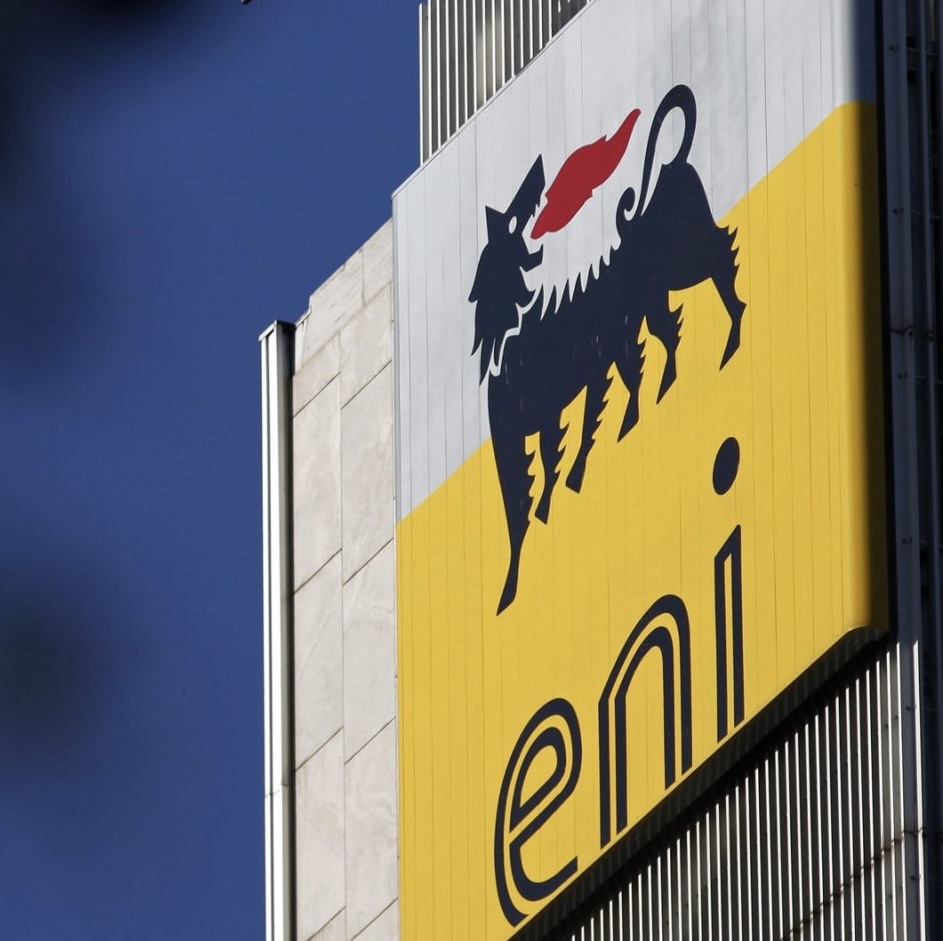KEY POINTS
- Eni sells 49.9% of its CCUS subsidiary to GIP, part of BlackRock.
- The deal covers projects in the UK, Netherlands, and Italy, with expansion potential.
- Partnership reflects rising investor demand for large-scale decarbonization solutions.
European oil majors are reshaping their portfolios to attract capital for decarbonization projects, as evidenced by Eni SpA’s agreement to sell Global Infrastructure Partners a 49.9% stake in its carbon capture and storage unit.
The agreement, which was made public on Tuesday, gives GIP, which is currently a division of BlackRock Inc., a sizeable stake in Eni CCUS Holding. The Italian energy behemoth established the company to pool its investments in carbon capture, utilization, and storage (CCUS). The closing is still pending regulatory approvals, and no financial terms were revealed.
According to Eni, the deal would channel investor demand for energy transition assets and improve its capacity to scale up large, technically challenging decarbonization projects. Eni Chief Executive Officer Claudio Descalzi said in a statement that the addition of GIP as a strategic partner would “further enhance our ability to deliver large-scale, technically advanced decarbonization solutions.”
Strategic foothold in Europe’s carbon capture race
Eni CCUS is working on the L10-CCS site in the Netherlands and other projects in the UK, such as Bacton and Liverpool Bay, through its subsidiaries. Additionally, the organization has the option to purchase Eni’s 50% share in Italy’s Ravenna CCS project, one of the continent’s most ambitious decarbonization hubs. As the technology becomes more popular in industries that are difficult to disrupt, like steel, cement, and refining, the platform may eventually take on more projects.
“GIP’s experience in midstream infrastructure, combined with Eni’s technical, operational and industrial capabilities, will help accelerate the deployment of CCUS solutions at a meaningful scale,” said Bayo Ogunlesi, GIP’s chairman and CEO.
The executive, who is joining BlackRock’s leadership as part of its acquisition of GIP, said the deal reflects surging demand for affordable, lower-carbon energy solutions.
Despite persistent concerns about its economics and deployment speed, carbon capture and storage is increasingly seen as essential to achieving global climate goals. The technology provides a means for oil and gas firms, such as Eni, to decarbonize their current assets while establishing a new business segment in the transitional period.
CCUS becomes cornerstone of decarbonization strategies
In order to attract investors who are eager to learn about clean energy infrastructure without investing in legacy fossil fuel operations, European majors are forming specialized subsidiaries, which is reflected in Eni’s decision to spin off its carbon capture business. The agreement with GIP, according to analysts, may establish a standard for comparable deals as CCUS develops into a widely used energy transition instrument.
Legal and regulatory clearances are required before the deal can be closed. After it is finished, GIP will play a key role in growing one of the biggest carbon capture portfolios in Europe, putting both businesses in a position to help industries reduce emissions.



